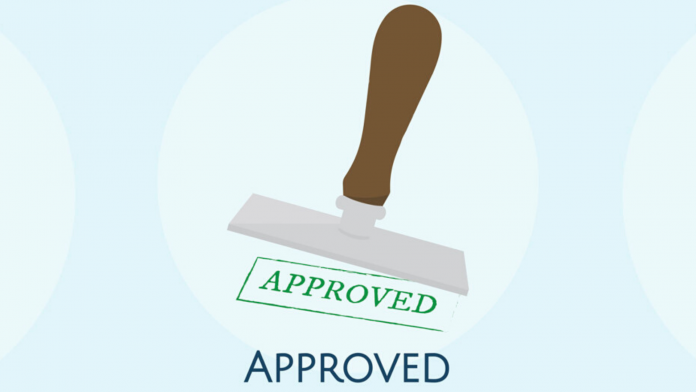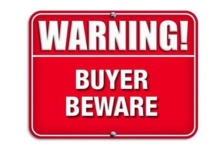How long does mortgage pre-approval last? If you’re hoping to buy a home, it’s smart to ponder this question, since even after you receive a lender’s stamp of approval for financing, weeks or even months could pass before you actually buy a house. Will that pre-approval you received a while back still be valid by then?
Since lenders realize that buying a house does take time, pre-approval does have a shelf life, but not an indefinite one. While the length of time varies, in general pre-approval is good for about three months. Here’s what home buyers need to know about how to make the most of this time frame—and what to do if your pre-approval is at risk of running out before you buy a house.
What is mortgage pre-approval, anyway? The first step to buying a home
If you want to purchase a home, your first step should be to prove that you have the financial means to do so. This is where pre-approval comes in.
Pre-approval is the process by which a mortgage professional such as a broker or bank account executive examines a loan application to determine whether a potential home buyer will qualify for a mortgage.
Pre-approval is also key to understanding what your home-buying budget is. Since a lender will let you borrow only up to a certain amount, that’s the price range you should stick to when shopping for a house.
How do you get pre-approval?
To obtain pre-approval, buyers need to provide a mortgage lender with information like their employment history, credit score, income, and debts. During this process, the lender will want to see bank statements, pay stubs, and tax returns. It can feel invasive, but lenders are just looking to protect their interests by not loaning money to someone who could be considered high risk. These are people who have high outstanding debts, inconsistent income, or a history of late payments.
Once a lender reviews your finances, it will give you what’s known as a pre-approval letter detailing a good-faith willingness to extend mortgage financing based on its preliminary examination of your assets, income stream, and creditworthiness. The letter will also detail the actual loan amount you qualify for.
How do you use pre-approval?
Real estate agents will submit a pre-approval letter to solidify your offer on a home to the seller. That’s because most sellers simply won’t accept an offer unless the buyers can prove they can obtain a mortgage. Sellers see a pre-approval letter as evidence that a buyer is not only serious but also has the means to buy the home.
As such, pre-approval is something you need at the very beginning of your home-buying search. It doesn’t make sense to look for properties without first having a pre-approval letter in hand.
How long does pre-approval last?
Although there is no definite duration for the validity of a pre-approval letter, the custom within the real estate industry is that pre-approval is good for between 90 to 180 days. But many may consider it too old after three months.
The reason? In three months, your financial life can change drastically. You could lose your job, buy a car, or do plenty of things that might affect your home-buying prospects. So, lenders and sellers alike will just have a hard time trusting a pre-approval letter that’s more than a few months old.
Want to know how long your pre-approval is good for? The actual time frame will be on your letter. If you want a longer time frame, ask for that upfront.
What to do if your pre-approval will soon run out
If your pre-approval is about to expire, that doesn’t mean you have to apply from scratch all over again. Just prepare to provide updated financial statements to your lender to prove there’s been no change to your income, debts, or credit scores.
Since pre-approvals do have a shelf life, it’s generally best to not get it until you’re seriously looking for a home. If you’re just window shopping, it may not be worth the trouble unless you want to know what price house you can afford. (But to find a ballpark estimate yourself, you can also enter your info into an online home affordability calculator.)














